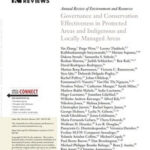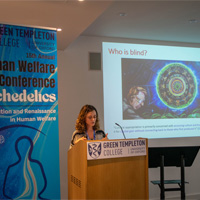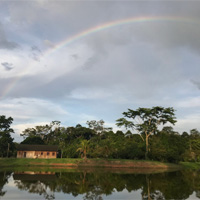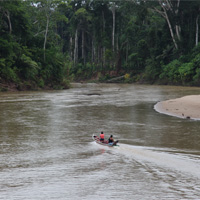Maria Brockhaus, Kaisa Korhonen-Kurki, Jenniver Sehring, Monica Di Gregorio, Samuel Assembe-Mvondo, Andrea Babon, Melaku Bekele, Maria Fernanda Gebara, Dil Bahadur Khatri, Hermann Kambire, Felicien Kengoum, Demetrius Kweka, Mary Menton, Moira Moeliono, Naya Sharma Paudel, Thuy Thu Pham, Ida Aju Pradnja Resosudarmo, Almeida Sitoe, Sven Wunder, Mathurin Zida. Climate Policy 2016.
Reducing emissions from deforestation and forest degradation (REDD+) has emerged as a promising climate change mitigation mechanism in developing countries. This article examines the national political context in 13 REDD+ countries in order to identify the enabling conditions for achieving progress with the implementation of countries’ REDD+ policies and measures. The analysis builds on a qualitative comparative analysis of various countries’ progress with REDD+ conducted in 12 REDD+ countries in 2012, which highlighted the importance of factors such as already initiated policy change, and the presence of coalitions calling for broader policy change. A follow-up survey in 2014 was considered timely because the REDD+ policy arena, at the international and country levels, is highly dynamic and undergoes constant evolution, which affects progress with REDD+ policy-making and implementation. Furthermore, we will now examine whether the ‘promise’ of performance-based funds has played a role in enabling the establishment of REDD+. The results show a set of enabling conditions and characteristics of the policy process under which REDD+ policies can be established. The study finds that the existence of broader policy change, and availability of performance-based funding in combination with strong national ownership of the REDD+ policy process, may help guide other countries seeking to formulate REDD+ policies that are likely to deliver efficient, effective and equitable outcomes.

















